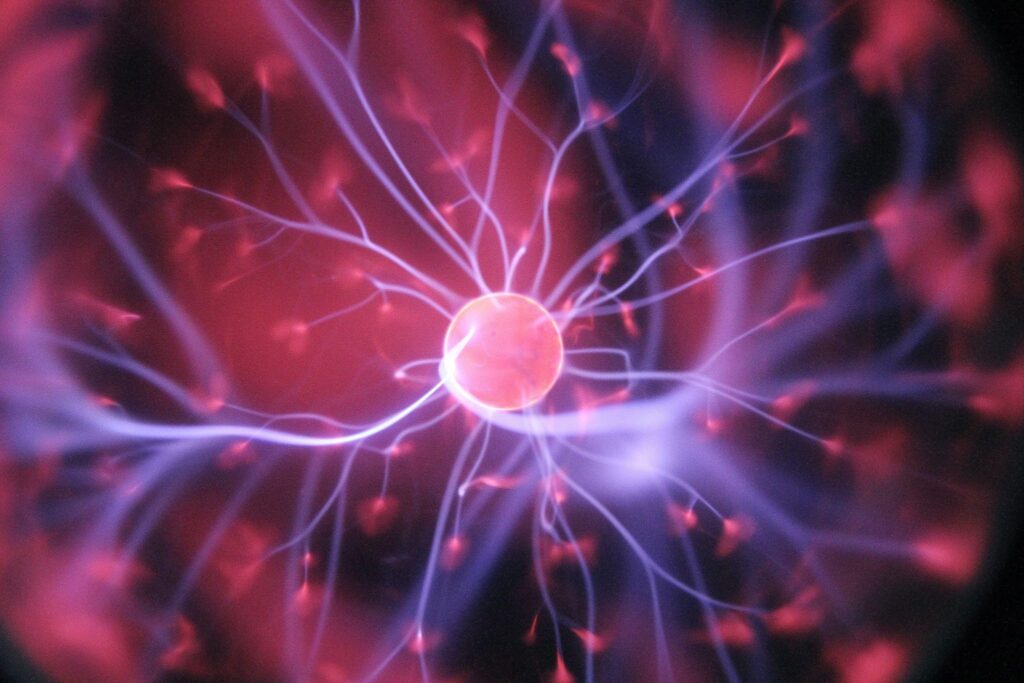How Do Drugs Affect the Brain?

When you think about addiction, the physical effects of drugs on the body are often visible. Skin can look grey, eyes bloodshot or dilated when ‘high’, sweats and tremors, these are all some of the signs of drugs and addiction.
Changes in the brain are not visible, but they do drive our actions and behaviour and control all of our body’s functions. Key to how the brain works is the way it stores information and learns how to motivate us to seek out certain activities. This is an evolutionary mechanism to ensure you prioritise essential tasks that keep you alive.
Every time you eat, exercise, and spend time with loved ones your brain releases a surge of the neurotransmitter dopamine. This teaches your brain to remember what you were doing and drives you to do it again.
Referred to as learned behaviour you can complete certain tasks without needing to ‘think’ about them. Think about brushing your teeth, or maybe making a coffee in the morning; it’s something you do on autopilot. Automatic or learned behaviour happens without conscious thought. This frees up your cognitive thought for other things that require conscious thought, such as complicated tasks at work, deep conversations with loved ones, and learning new skills.
Call us now for help
How Drugs Affect Neurotransmitters
Having a comprehension of how the brain is wired to develop learned and automatic behaviours makes it easier to understand how drugs affect the brain. The brain is made up of cells called neurons which send messages via neurotransmitters. When you take a drug it activates neurons to send neurotransmitters that signal to the reward circuit of the brain that this activity is pleasurable.
Addictive drugs, such as heroin, oxycontin, or crack cocaine cause a huge surge of dopamine and the release of other neurotransmitters which trigger the reward circuit. This teaches the brain to repeat this behaviour.
Certain drugs also affect the brain stem which regulates functions such as heart rate and breathing and the peripheral nervous system (PNS). When these drugs leave your system, withdrawal symptoms trigger the brain to seek out the solution to stop these unpleasant symptoms.
Because your brain also remembers external cues, being with certain people or in a specific place can lead to strong cravings. Drug addiction is defined by an uncontrollable need to take drugs, and even if you do not have a physical dependence, you can have a psychological dependence. This is why you continue to take drugs, even if you know there could be negative consequences.
Repeated drug use can lead to your brain reducing or preventing the release of dopamine for other things that were previously pleasurable, exciting, and uplifting. Life becomes flat, and the only way you can feel pleasure is by taking drugs. Over time the body builds up a tolerance to the drug and you take more to feel the same pleasurable effects.
Addiction and Changes to the Brain
Addiction is considered a chronic brain disease and numerous studies have used MRI scans to show that long-term drug use changes brain structure in the frontal cortex. The frontal cortex is the part of the brain responsible for decision-making, memory, emotions, and impulse control. How drugs affect the brain is the reason some drugs are more addictive than others. Research indicates that drugs that alter the frontal cortex are more addictive.
When you consider that this damage can cause poor judgment and compulsive behaviour, it is easier to see why it is harder to fight cravings for certain drugs. Changes in the brain as a result of drug use do not reverse when you no longer take the drug, and this is why external cues can cause cravings and relapse months or even years after giving up a drug.
Our residential and private rehab centres provide complete addiction treatment, relapse prevention and aftercare. If you are concerned about yourself or someone you care about please contact us today for expert, free confidential advice.
Why choose Step by Step?
- Fully Residential
- Around-the-clock care
- Medical detox unit
- Extended family support
- After care support service
- Nutritional food cooked by our chefs
- Outstanding quality of care
- Highly experienced team
